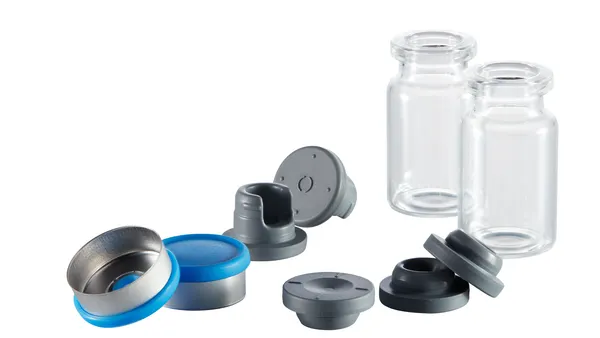Dive Brief:
- Indian drugmaker Dr. Reddy's Laboratories is pulling from distribution more than 236,000 bottles of its generic copy of cholesterol drug Lipitor, initiating four voluntary recalls in the U.S. and Puerto Rico.
- Eighteen of the recalled lots were recalled due to "failed impurities/degradation specifications." All of the 18 were Class III recalls, meaning use of the tablets would be unlikely to cause serious adverse health consequences.
- Another lot, consisting of 6,397 bottles of 80 mg atorvastatin, was pulled over a complaint which flagged a "defective tablet with an embedded foreign object" observed inside a bottle. This was classified as Class II, indicating the risk of temporary or medically reversible adverse issues.
Dive Insight:
The recall is the latest in a long-running stretch of manufacturing hiccups which have hindered the India-based generic giant.
Drugs can be recalled from specific markets as a voluntary act, or under a request from the Food and Drug Administration for a variety of reasons. These withdrawals, which affected bottles of 10 mg, 20 mg, 40 mg and 80 mg bottles of atorvastatin tablets, were mostly relating to stability and impurity issues.
The affected drugs were manufactured at Dr. Reddy's Srikakulam plant, which received a warning letter in November 2015 for significant violations of cGMP regulations for finished pharmaceuticals, following a November 2014 inspection.
In that visit, regulators cited the company's failure to maintain complete data from tests, uncontrolled access to data systems and failure to manage controlled documents, among other problems. A 2017 inspection also raised issues with document management and high-performance liquid chromatography maintenance.
As of February 2018, according to the Indian web site HFL, the company received a unfavorable established inspection report, including "official action indicated." Because of this, it is still under the 2015 warning letter.
In the meantime, the company is able to keep marketing existing drugs in the U.S., but may face difficulties to get new indications approved.












